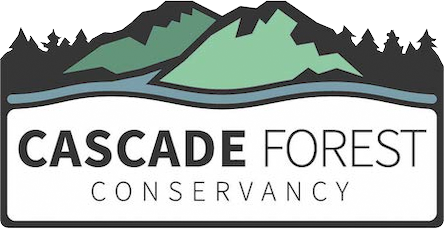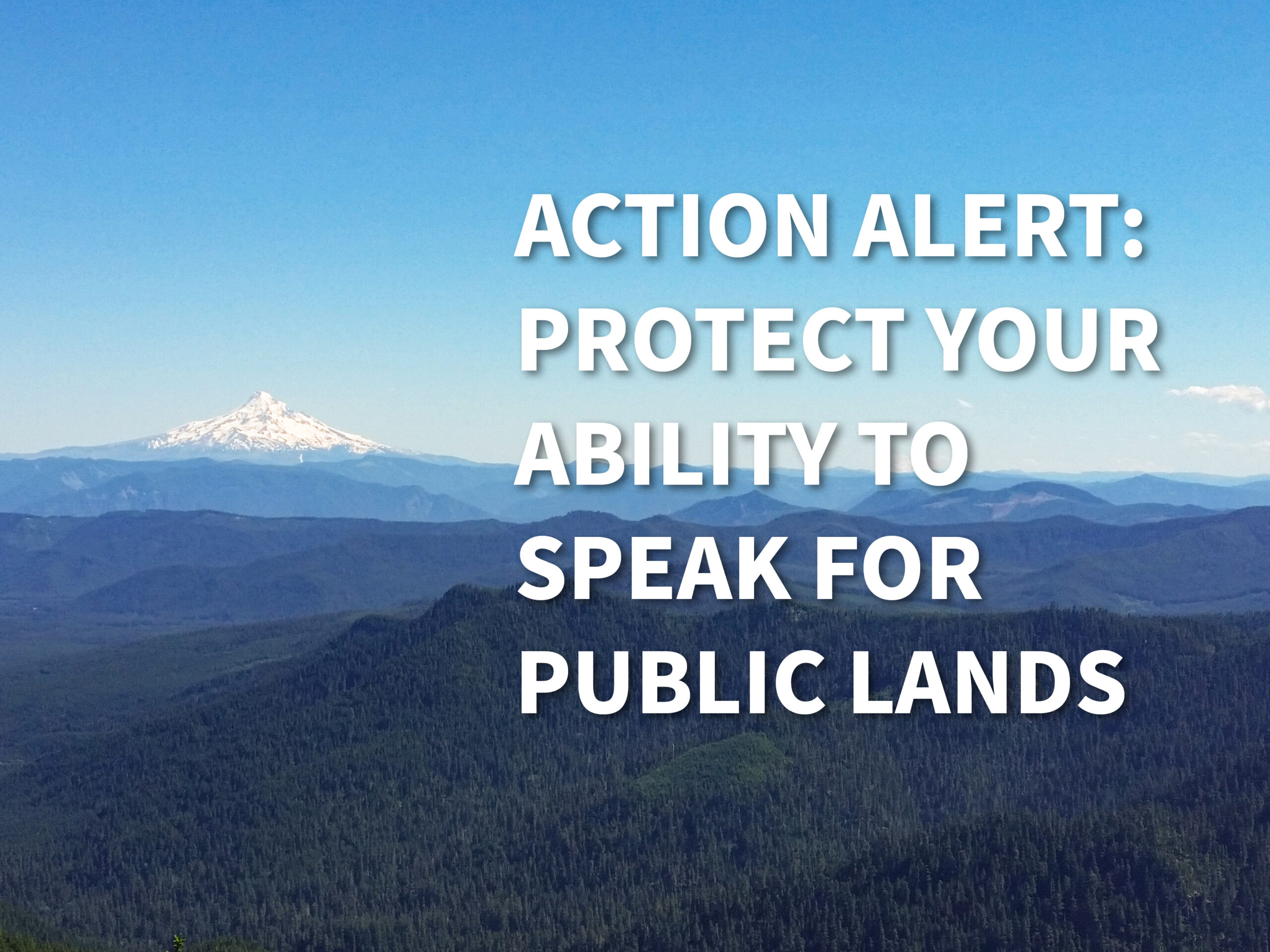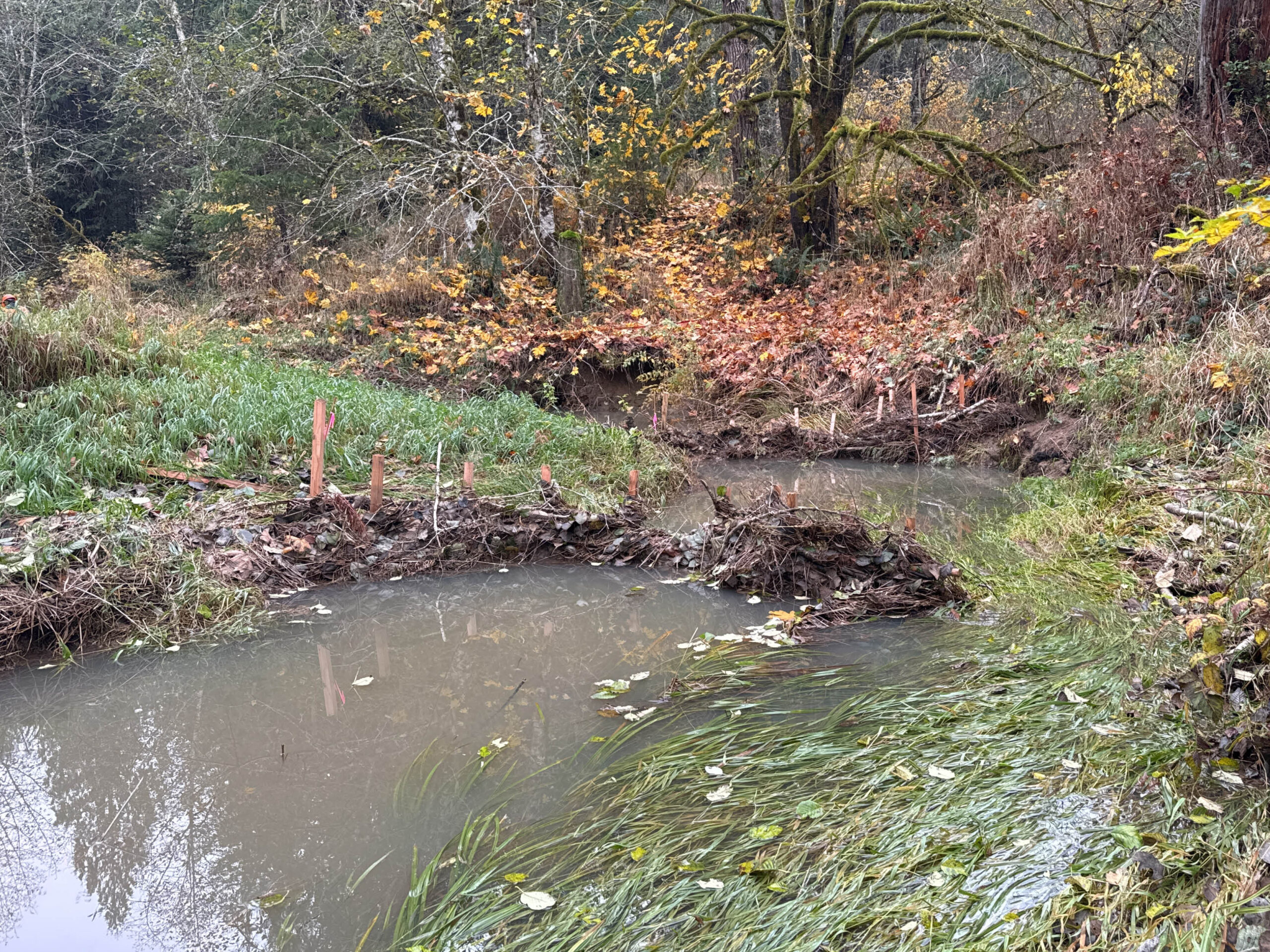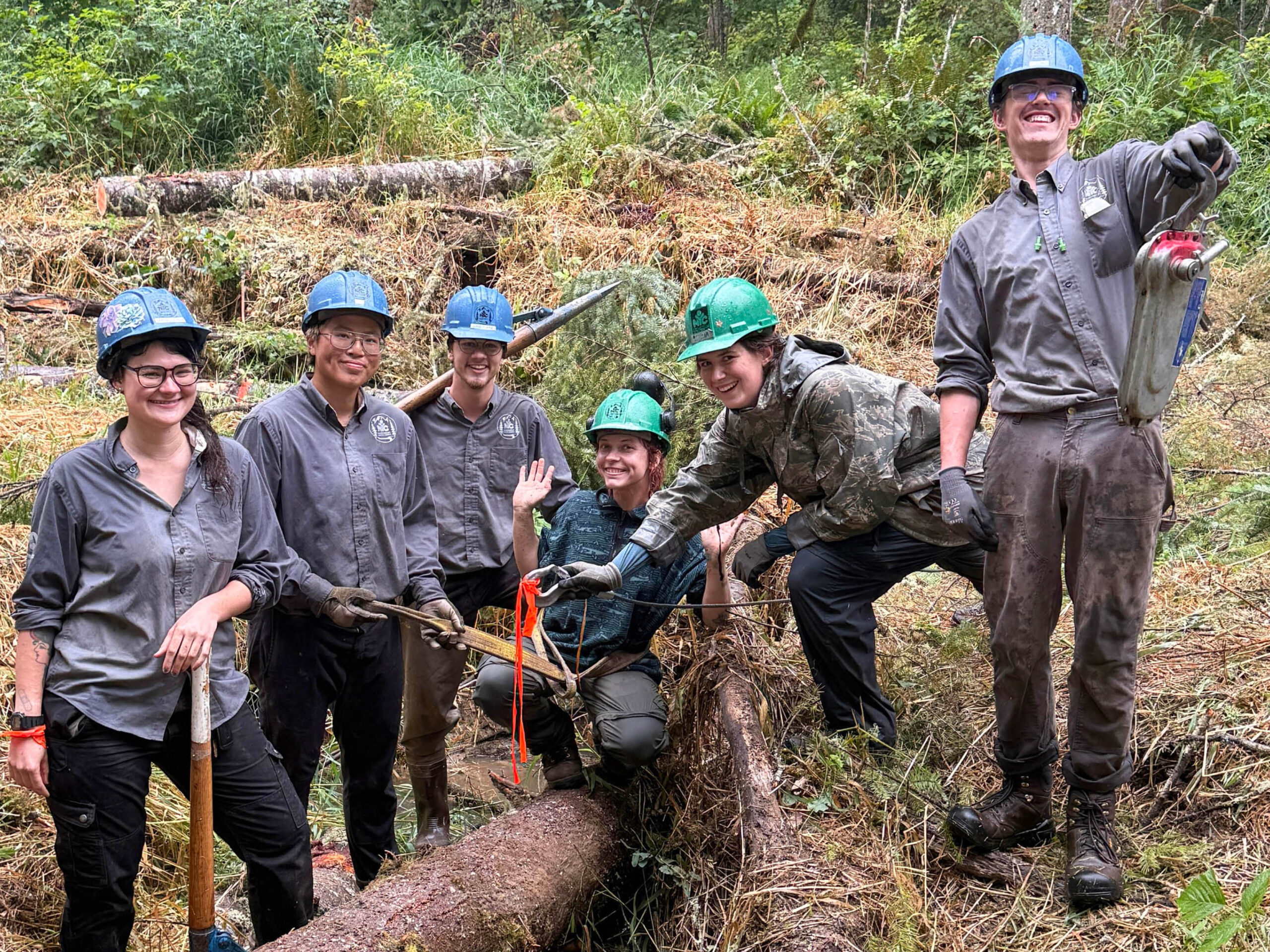ACTION ALERT: THE FOREST SERVICE’S OBLIGATIONS TO TRANSPARENCY AND ENVIRONMENTAL SUSTAINABILITY HAVE BEEN GUTTED. SPEAK OUT BY AUGUST 4.
Update: The comment deadline has been extended from July 30 to August 4 since we originally published this ACTION ALERT.
A July 3 rule change to the Department of Agriculture’s (which houses the US Forest Service) National Environmental Policy Act regulations has eliminated or severely curtailed many opportunities for public engagement on land management projects, including timber sales, and gutted the agency’s legal obligations to substantially consider all of the environmental effects of their actions.
The National Environmental Policy Act (NEPA) of 1970 was the first major piece of environmental legislation in US history, and remains one of the most important. The law made it the nation’s policy to “foster and promote the general welfare, to create and maintain conditions under which [humans] and nature can exist in productive harmony, and fulfill the social, economic, and other requirements of present and future generations of Americans;” it mandated procedural requirements for major federal actions, including actions taken on public lands; and it established the Council for Environmental Quality (CEQ).
For over 40 years, the CEQ was responsible for implementing NEPA regulations for all federal agencies, meaning the CEQ set the rules each agency was obligated to follow to comply with the law. However, earlier this year, that authority was overturned by a Federal Court in DC, and the Trump administration lost no time in seizing the chance to undo years of environmental standards. These recent changes severely weaken the USDA (and Forest Service’s) NEPA procedures and processes.
For decades, many of Cascade Forest Conservancy’s successes, and those of the environmental movement as a whole, relied on the transparency and process required of the Forest Service by NEPA—specifically, CEQ and USDA rules which laid out detailed instructions the agency was required to follow to comply with the law. These rules helped achieve better outcomes for forest ecosystems by creating decision making processes that allowed CFC (and others) to participate early and often in management decisions and to hold the agency accountable if guidelines were not followed. These regulations and safeguards are now effectively gone.
What does that mean in practical terms?
The publicly available “early warning system” (a list of upcoming management projects called the Schedule of Proposed Actions), which serves as a roadmap for future areas of work on National Forests, is no longer required.
The Forest Service’s legal obligation to publish scoping documents (early project plans that CFC, other organizations, and individuals rely on to help avoid costly litigation by addressing issues in upcoming timber sales through official scoping comments, conversations, and negotiation) is gone.
The agency’s legal obligation to solicit and respond to public comments about timber sales and other land management actions, gone.
And in many instances, the agency’s legal obligations to thoroughly study the environmental impacts of actions before work is done have also been removed or severely weakened.
If this rule becomes a permanent change, the public and CFC are no longer guaranteed an opportunity to analyze and comment on Forest Service projects. This means that going forward, it may become much harder and more costly to act as watchdogs and protect the ecological health of our region by making it more difficult to track and respond to actions in national forests.
HOW TO SPEAK OUT:
The interim rule went into effect immediately when it was announced on July 3rd, but has not been finalized—at least not yet. We still have a VERY short window of time to voice our opposition to these changes, which are gutting requirements for transparency, undermining the public’s ability to hold the government accountable, and putting the health of national forests at severe risk. Submit your comments by August 4.
Here’s how:
Visit this website (https://www.regulations.gov/commenton/USDA-2025-0008-0001) to write and submit your comments. Tell the Department of Agriculture that you are strongly opposed to NEPA rule changes affecting the US Forest Service that are curtailing your opportunities for public engagement, undermining the public’s ability to hold the agency accountable, and putting natural resources and ecological integrity at risk!
Unique public comments have a much greater impact than form letters. Use these talking points to craft your own, personal message.
- I use national forest lands, and I am opposed to the interim rule changes that threaten their unique character and ecological integrity by narrowing the scope of what types of effects are included in NEPA analyses.
- I am opposed to rule changes that make public comment opportunities and project scoping optional instead of mandatory. I deserve the chance to express my concerns early and help shape actions that impact the places I use and care for.
- I am opposed to rule changes that would lead to less thorough analysis of the environmental impacts resulting from timber sales and other land management actions.
- Rule changes that make it harder to hold the Forest Service accountable to its multi-use mandate are undemocratic and will lead to worse outcomes for communities, forests, and ecosystem health.
- I oppose making most public engagement opportunities discretionary. Making most engagement opportunities discretionary instead of mandatory will create confusion and regulatory uncertainty.







